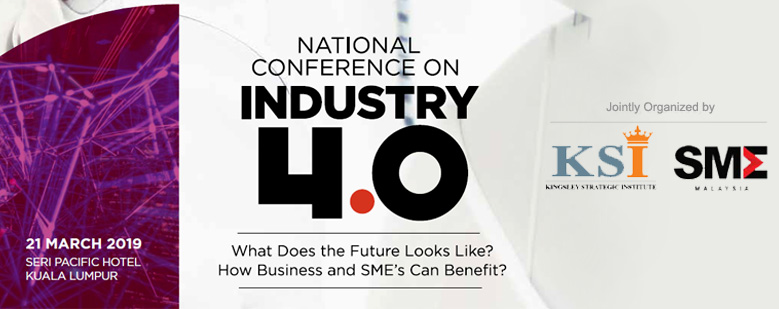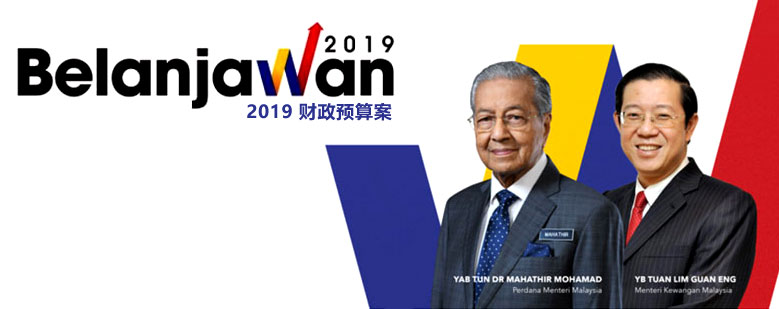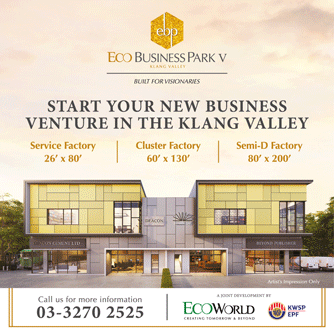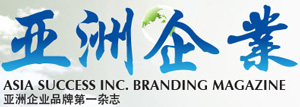The veteran corporate figure, who wears many hats including as one of Universiti Sains Malaysia’s pro-chancellors and Malaysian Standards and Accreditation Council chairman, is also an avid champion of environmental sustainability in business.
It is in this role that he serves as organising chairman of the Prime Minister’s Hibiscus Award (PMHA), Malaysia’s premier private sector environmental award for business and industry.
The biennial PMHA has just commenced its 11th cycle, with registration open till Nov 28, and also signifies the 20th year since the award was created in 1996.
It opened its inaugural Environmental Journalism Award in its 2012/2013 cycle, which was won by The Star to recognise its intensive coverage on environmental issues.
Mustafa hopes that Malaysian companies will rise up to lead the wave of change here, pointing out that environmental conservation is a major issue global organisations have been looking at over the past few decades.
“Many countries are still not doing enough and we should not be in this group. Malaysia should be on the frontline providing leadership in environmental management because we have so much natural resources,” he tells StarBizWeek.
He says that the award winners achieve high recognition by industry peers and are held as exemplary models of sustainability in business practices.
In fact, he says many companies have benefited so much from participating that they continue to register for each cycle, each time displaying improved best practices.
SMEs must jump on the bandwagon
There have been some truly exceptional companies, says PMHA 2014/2015 technical committee chairman Dr Loi Kheng Min, who have wowed the judging committee with their sustainability practices.
He recalls that one of the best winning entries came not from the keenly-competitive multinational corporations but from a small and medium enterprise (SME) involved in the printing business.
“The CEO and team were so committed that their environmental programmes were part of their daily work routine. Now, they are looking at creating an eco-office, meaning one with proper ventilation, greenery and so on,” says Loi, who joined the committee in 1998.
Another SME, he says, was an e-waste recycling company that had invented a good method to recycle fluorescent tubes using very cost-effective and simple technology.
“We were really surprised at the sophisticated effort put in by the SME, which had a fraction of the resources big corporations enjoy,” he says.
Mustafa encourages more SMEs to join this awards cycle to showcase their efforts as they prop up the national economy.
However, he voices concern that many SMEs face difficulty in obtaining financing from banks to upgrade their equipment to green technology.
“We have highlighted this to the Government and I will address this problem again to the relevant parties. “We want to encourage banks to understand the green business and support the SMEs,” he says.
Meeting the judging criteria
Loi says the bar is always being kept at a high level to recognise truly deserving companies, or as Mustafa succinctly puts it: “We don’t want to be jaguh kampung(village champion).”
Judging criteria, says Loi, have been amended over the years to bring in key indicators such as carbon footprint, eco-labelling and eco-design.
“We have upgraded our criteria to suit international standards and requirements. Although we have had no Excellent Achievement winners for the last five cycles, I am glad to say some companies are raising their own bar and have not given up trying,” he says.
To qualify for the Excellent Achievement award, companies must be able to scrape up a minimum 90% mark to prove they have done all they can to ensure that sustainability is at the heart of their business.
Loi explains that the judging is divided into two stages, with the company’s document submission of their sustainability efforts being assessed first.
Assessors will then conduct an on-site visit for shortlisted participants to see whether the submission matches actual business practices.
“Please do not fear that we are coming to audit you. We are not looking to pinpoint any shortfalls or faults. The companies should seize the chance to showcase their efforts and not hold back or be humble,” he stresses.
Loi says the committee’s assessment will cover three years of records, meaning that this cycle will cover the company’s sustainability practices from 2013 to 2015.
He assures companies that assessors sign a confidentiality agreement, while all documents received are destroyed after the submission process is completed.
Making the case for sustainability
One of PMHA’s four organising partners is the Business Council for Sustainability and Responsibility Malaysia (BCSRM), which engages with its South-East Asian counterparts to create a platform for Malaysian businesses to take up a regional leadership role in this area.
It is a global network partner for the World Business Council for Sustainable Development. One of the latter’s objectives is to highlight that responsible business is competitive in the long term.
Executive director Stirling Yiin defines sustainability as the responsible and intelligent management of natural resources that businesses depend on to continue creating value for their stakeholders.
“We are aware that there are Malaysian companies that are mature enough to realise the core operations of the business must be responsible. We hope they will highlight their best practices in this cycle of the PMHA to serve as models for their peers,” he says.
Yiin says that BCSRM offers opportunities for local businesses to collaborate and profile their efforts on a global scale as well as organises events that facilitate dialogue between businesses and stakeholders such as the Government.
“Through these sessions, members have the chance to identify collaborations that have the potential for scalability and cost-efficiencies in their sustainability programmes,” he says.
Expectations for PMHA 2014/2015
Loi says that unfortunately, many of the previous entries were not up to international standards as businesses still lagged behind current best practices.
“It is critical to build environmental strategy into the core business, not just as a corporate social responsibility. There is no conflict between profit and sustainable development. We want our Malaysian companies to really push themselves to that edge,” he says.
Besides SMEs, Mustafa says he wants to see greatly increased participation from the finance, service and construction sectors in this cycle.
“It is also critical to note that Malaysia’s economy is moving towards a service-based economy; so I want to see more companies from this industry participate,” he says.
Mustafa expresses disappointment that there are just four winners who have managed to earn the Excellent Achievement accolade throughout the PMHA’s long history.
The last Excellent Achievement winner was Sabah Shell Petroleum Co Ltd in 2004/2005. The lower two levels of the award are the Notable Achievement and Exceptional Achievement categories.
However, he is confident that this cycle will see even better quality participation from businesses as adoption of sustainable business practices is growing.
“The PMHA is by the private sector, for the private sector. We must lead the way in playing a prominent role to eventually lead us to a green economy,” he says.
Companies interested in taking part in the 2014/2015 cycle must register their interest by Nov 28, 2014, and submit their participation forms by Feb 28, 2015.
































